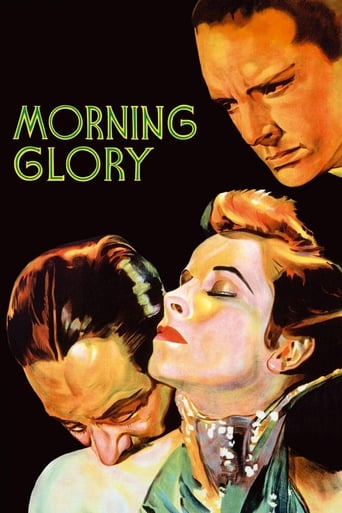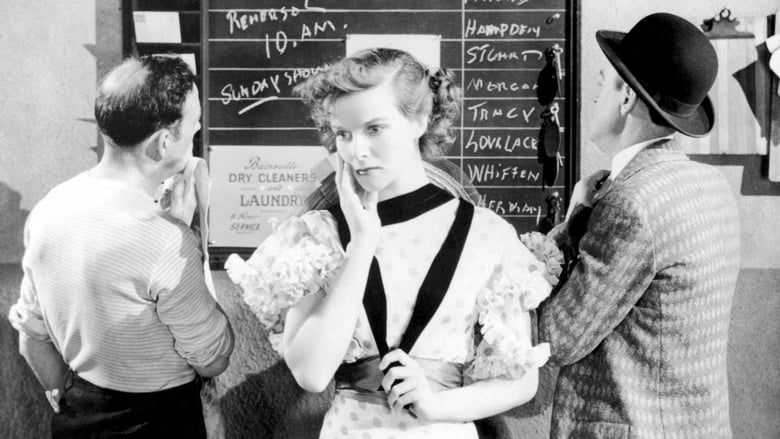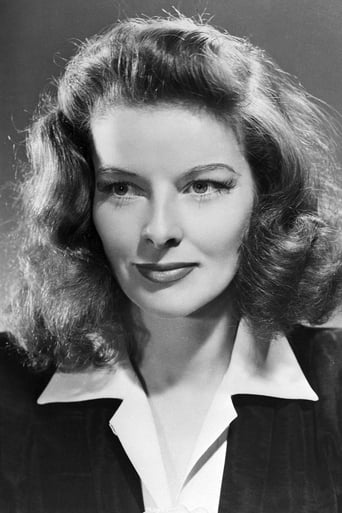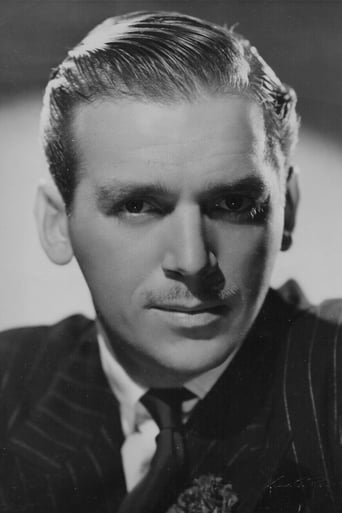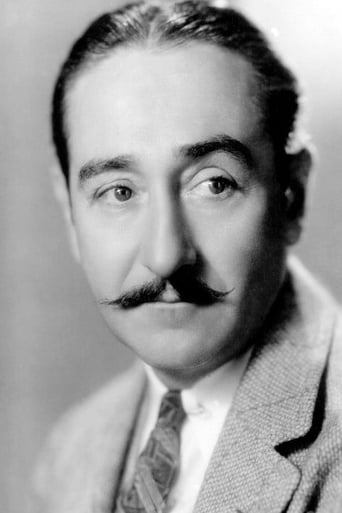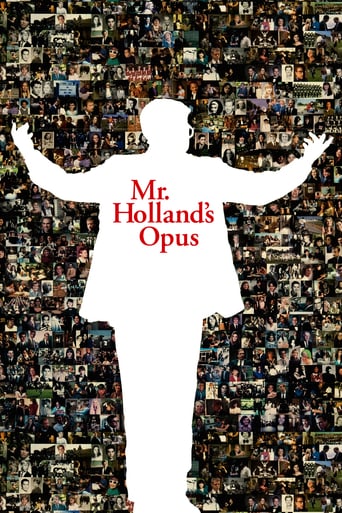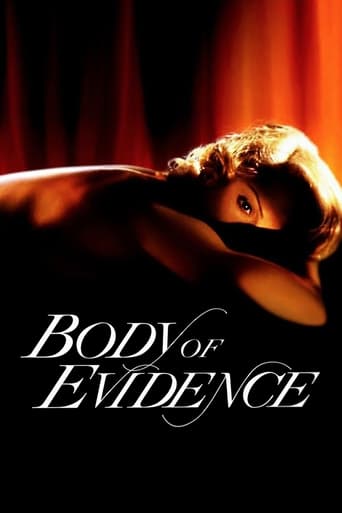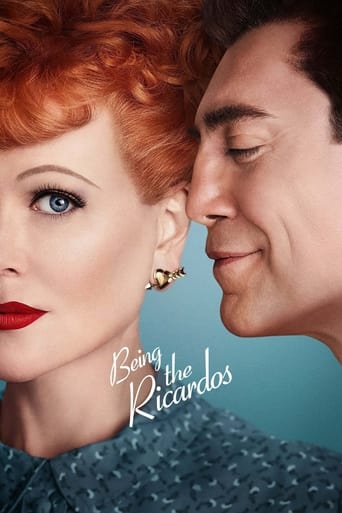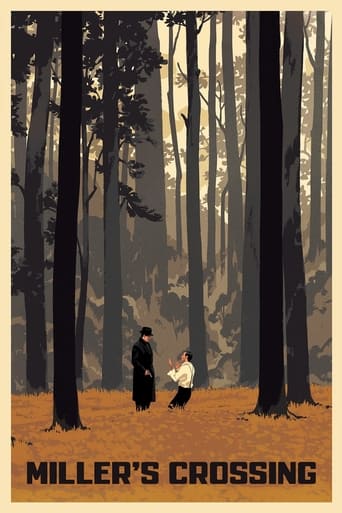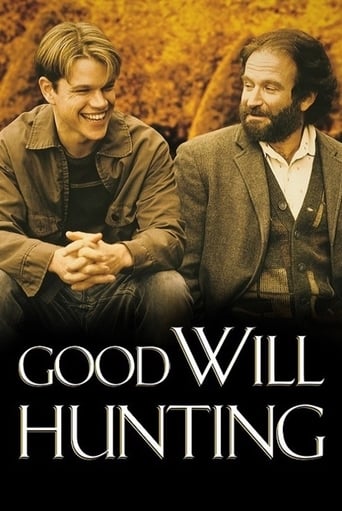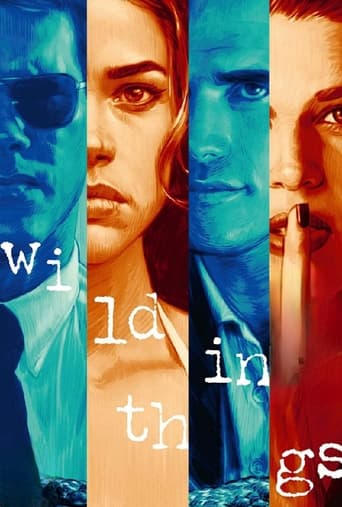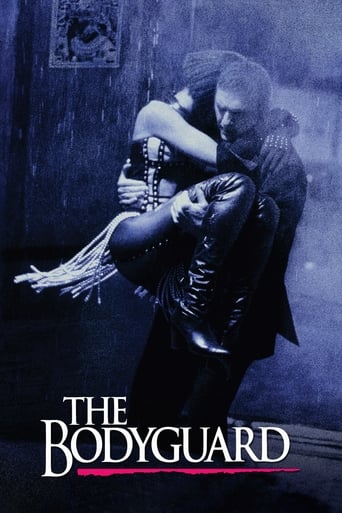Morning Glory (1933)
Wildly optimistic chatterbox Eva Lovelace is a would-be actress trying to crash the New York stage. She attracts the interest of a paternal actor, a philandering producer, and an earnest playwright. Is she destined for stardom, or will she fade like a morning glory after its brief blooming?
Watch Trailer
Cast


Similar titles
Reviews
It's not great by any means, but it's a pretty good movie that didn't leave me filled with regret for investing time in it.
It’s an especially fun movie from a director and cast who are clearly having a good time allowing themselves to let loose.
I think this is a new genre that they're all sort of working their way through it and haven't got all the kinks worked out yet but it's a genre that works for me.
An old-fashioned movie made with new-fashioned finesse.
When Katharine Hepburn first appeared on cinema screens, she was deemed a great new star, even winning an Oscar – for the film under review – almost instantly; however, before long, audiences had grown tired of her particular brand of histrionics and the actress was quickly declared "box-office poison"! She then wisely changed pace to screwball comedy with Howard Hawks' BRINGING UP BABY (1938), was subsequently handed a once-in-a-lifetime part on a silver platter (by playwright and personal friend Philip Barry, no less!) with "The Philadelphia Story" (superbly filmed by George Cukor in 1940), eventually became an institution when she teamed up (for 9 films and in real life) with Spencer Tracy, and ultimately grew into the "First Lady of Acting" – going on to win 3 more golden statuettes, a record, several years after her first! But, for what it is worth, it all started here...Truth be told, I have never been much of a fan of Hepburn's – though I concede that she has appeared in many a fine film throughout her lengthy career. Anyway, the role she plays here fits her like a glove i.e. that of an ambitious young actress rising to the top out of pure chance and sacrificing stardom for love (indeed, the title is a trade phrase for such meteoric members of the profession). Actually, the narrative is not quite as maudlin as it appears from this plot line – and, yet, the brief 74-minute running-time does not give it much of a chance either: we are told that Hepburn seeks acting lessons from aged luminary C. Aubrey Smith (but we never see them at it) and, crucially, her crowning achievement on the stage is only represented by the enthusiastic applause of the audience and the bows she takes at the curtain call!! That said, her thespian skills are displayed in a drunken party sequence at the home of her producer (Adolphe Menjou, with whom Hepburn would be reunited for another classic about the artistic vocation i.e. STAGE DOOR {1937}), where she dutifully quotes a couple of Shakespearean perennials ("Hamlet", "Romeo And Juliet")! For the record, director Sherman had himself been a prominent actor (his most notable appearance perhaps being that of the washed-up film director in Cukor's WHAT PRICE Hollywood? {1932}) who briefly made the switch behind the camera before his untimely death in 1934.The afore-mentioned STAGE DOOR was characterized by the bitchiness among the myriad female performers, here represented by the original temperamental (and blackmailing!) star of the production which ultimately gives understudy Hepburn her one shot at glory. The heroine (which, at a low ebb in her striving to make it on her own, is reduced to appearing in vaudeville!) is infatuated with the much older Menjou (who quashes her romantic illusions by stating that she now belongs to no man but to Broadway alone, a line which has since become a cliché in this type of film!); consequently, she overlooks the attentions of love-struck young author Douglas Fairbanks Jr. (playing a character named Joseph Sheridan!). In the film's closing moments, after finally confessing his feelings to her but ready to back down so as not to be in the way of her success, she is persuaded to make the right choice for herself (obviously, happiness) by the company's elderly personal assistant – herself a former leading light of the so-called "Great White Way" but whose single-minded pursuit of fame had rendered lonely and bitter! It must be pointed out that MORNING GLORY would be remade 25 years later by Sidney Lumet: renamed STAGE STRUCK, it was still good but inferior overall, and starred Susan Strasberg, Henry Fonda, Christopher Plummer and Herbert Marshall.
Arriving in New York City from a small town in Vermont, ambitious and wafer-thin Katharine Hepburn (as Eva Lovelace) wants to be an actress. Her irresistible pretensions and unusual beauty catch the eye of playwright Douglas Fairbanks Jr. (as Joseph Sheridan) as Ms. Hepburn attempts to join the company of Broadway producer Adolphe Menjou (as Louis Easton). Hepburn's career staggers one step forward and two steps back, with her memorable moments highlighted by a tipsy impromptu performance of the "Romeo and Juliet" balcony scene at a snooty party... This unoriginal, but appealing story would have worked better without lurching around so often... Hepburn won her first "Academy Award" as "Best Actress" for this role; however, this "Oscar" was another in the film organization's puzzling choices. Note, the eligibility period was confused and extended, which inadvertently excluded Greta Garbo's "Queen Christina" from the running. Moreover, RKO quickly followed-up "Morning Glory" with a hit version of "Little Women". Hepburn was also perfectly mannered in her winning role, and received great support from an excellent cast. As the man attracted to Hepburn's true nature, Mr. Fairbanks is particularly good.******* Morning Glory (8/16/33) Lowell Sherman ~ Katharine Hepburn, Douglas Fairbanks Jr., Adolphe Menjou, Mary Duncan
How Katharine Hepburn won an Oscar for Best Actress of this film is a bit mystery. I mean, she's okay, but nothing special. This was only her third film. Many think it would have been more appropriate had she won for "Little Women," her second film, also done in 1933. Frankly, I liked her better in "Alice Adams," her one of three movies she did in 1935.Whatever. Her character in the movie is better than the story, which totally runs out of steam in the second half, so much so that I, frankly, didn't care at that point what happened to country girl "Eva Lovelace" in her quest to be a big actress in New York City. Those who like stage plays will like this movie, because that is what it is, based on Zoe Atkins play. Some may find it dated, but that's not unusual considering the date. I find many early 1930s films very dated, but still a lot of fun. Hepburn plays a charming girl in this, and had a beautiful face when she was young, so I can tolerate her snobby accent. In this story, she was a delight compared to Mary Duncan's role as the spoiled actress, coddled by Adolph Menjou. And speaking of actors, Hepburn may get all the attention but Douglas Fairbanks Jr., is every bit as good as her, if not better, in this film. Why didn't he win an Oscar?One complaint: it's hard to understand a sizable amount of dialog in here. Words are slurred or breathlessly delivered (I really hate that) and you find yourself saying, "what did she say?" It's ridiculous. I saw this on VHS. However, the good news is that it is now available on disc, as part of the "Katharine Hepburn Collection" and has the subtitle option, if one is interesting in seeing it. There is a catch: you have to pay $50 since it is part of a set.
Maybe it's the force of KATHARINE HEPBURN's eagerness to please that makes MORNING GLORY stay fresh, at least for the first part of the film where she plays a naively ambitious stage actress who charms ADOLPHE MENJOU and DOUGLAS FAIRBANKS, JR. into giving her her first big break on stage, as Eva Lovelace.But the film itself is as dated in its pacing and rather abrupt ending as anything you might expect from the 1933 era of film-making. Hepburn's character arrives at a certain point in her development and then suddenly the curtain falls and we don't know whether she indeed was just a "morning glory" who faded after quick success.Hepburn is attractively photographed and does well in a role that was tailor-made for her talent, and Menjou and Fairbanks, Jr. are similarly well cast opposite her--but I much prefer the Hepburn of STAGE DOOR to the character she creates here.Summing up: Has the look and feel of a stage play all the way through. Did Hepburn deserve an Oscar for this? I don't think so.

